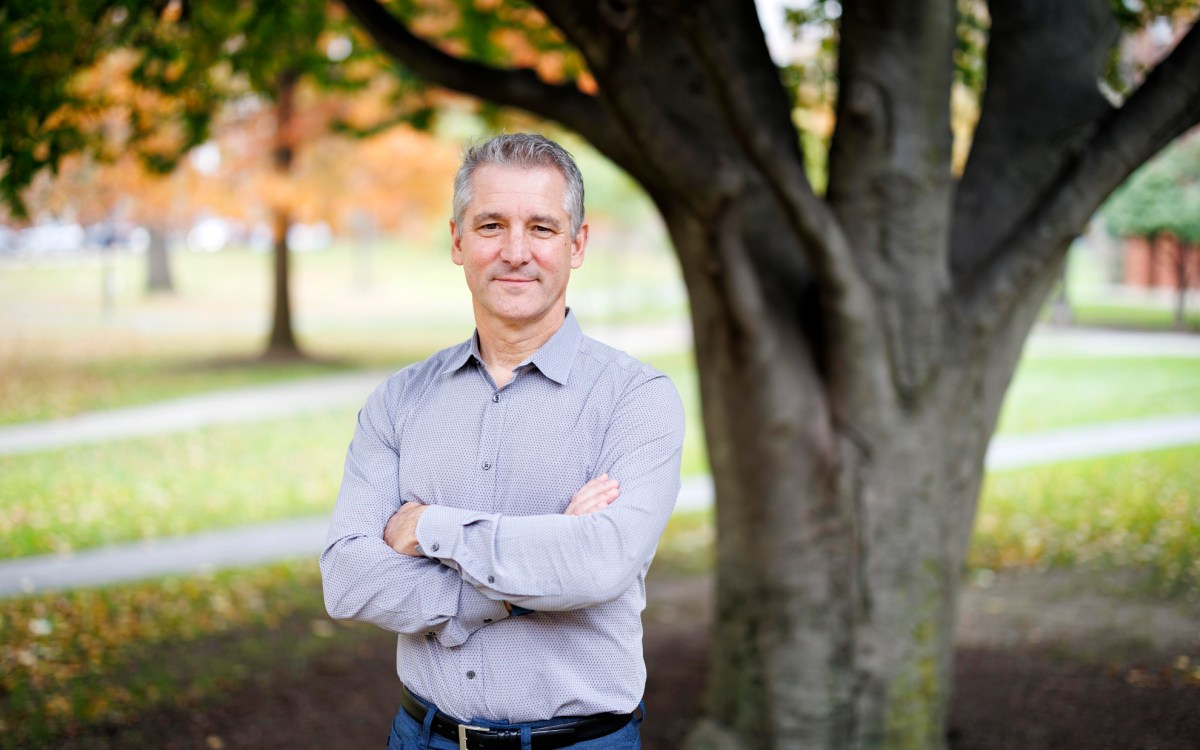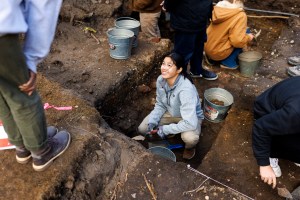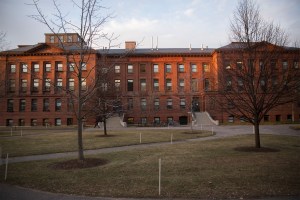All articles
-
Campus & Community
Defending those yearning to breathe free
Housed at the Harvard Immigration and Refugee Clinical Program, the Harvard Representation Initiative was created to provide legal representation to undocumented members of the Harvard community, as well as others whose immigration status is at risk.
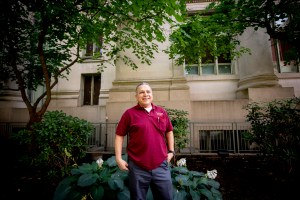
-
Campus & Community
New Overseers, Alumni Association directors elected
Five alumni have been elected as new members of Harvard University’s Board of Overseers and six as directors of the Harvard Alumni Association (HAA).
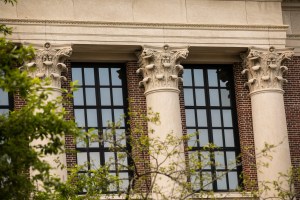
-
Nation & World
Staying covered
Affordable Care Act key to keeping people insured amid COVID 19-related job losses, study shows.

-
Campus & Community
Former U.S. Ambassador Walter Carrington dies at 90
Walter Charles Carrington ’52, J.D. ’55, passed away on Aug. 11 at the age of 90. Carrington was a former U.S. ambassador to Senegal and Nigeria and civil rights activist.
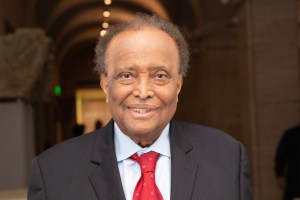
-
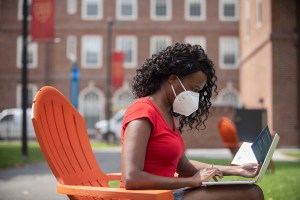
-
Science & Tech
How caffeine changed the world
The seductive powers, dark history, health benefits, and harmful side effects of the world’s most-used drug, are included in Michael Pollan’s new audiobook, “Caffeine: How Coffee and Tea Created the Modern World.”

-
Campus & Community
Steps for students returning to campus
Provost Alan M. Garber and Executive Director of Harvard University Health Services Giang Nguyen outline details of plan to bring students back on campus safely.
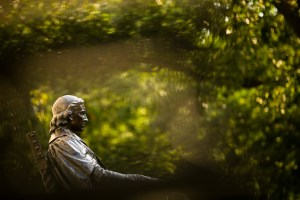
-
Campus & Community
Faculty of Arts and Sciences unveils anti-racism agenda
The dean of the Faculty of Arts and Sciences announced an anti-racism agenda prioritizing six areas of action.
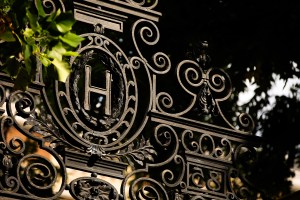
-
Health
Children’s role in spread of virus bigger than thought
A new study has found that children infected with the virus that causes COVID-19 were shown to have a significantly higher level of virus in their airways than hospitalized adults in ICUs for COVID-19 treatment.
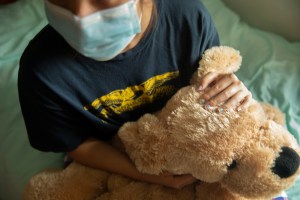
-
Science & Tech
Putting a crown on OMNIVAX
A biomaterials-based infection vaccine strategy shows first promise in eliciting immunity against SARS-CoV-2 and could be applied broadly to stave off infectious disease.
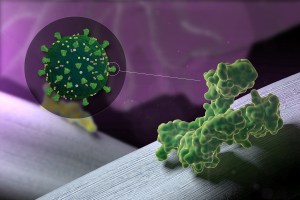
-
Campus & Community
Pandemic does little to slow traveling grad
Harsh Sinha ’20 visited more than 80 countries during time at Harvard College. His goal is to be the youngest person to have visited 50 states in the U.S., as well as 100 of the U.N.-recognized nations.
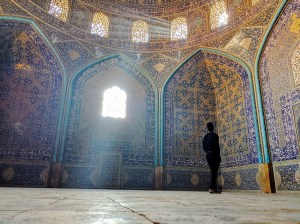
-
Campus & Community
Come on and Zoom, Zoom, Zoom a-Zoom
With COVID-19 keeping children out of theater camp, Creative Drama — Space Explorers, a free, weeklong summer camp put on by the American Repertory Theater and Harvard Ed Portal brought theater camp to them.
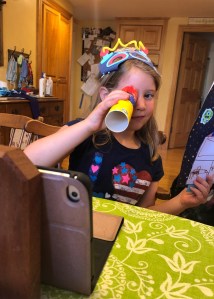
-
Health
More than biology influences COVID risk
The GenderSci Lab at Harvard finds that more men than women are dying of COVID-19.
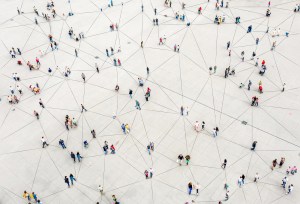
-
Nation & World
How to change an election
As many Americans, including presidential rivals Donald Trump and Joseph R. Biden Jr., worry about potentially corrupt 2020 election results, government Professor Daniel Carpenter games how the rigging might play out.
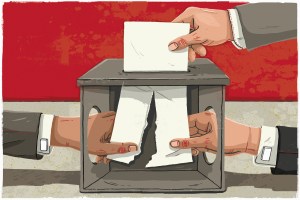
-
Arts & Culture
The long march for suffrage
Radcliffe dean and library director shed light on some of the historical issues framing the “Long 19th Amendment Project.”
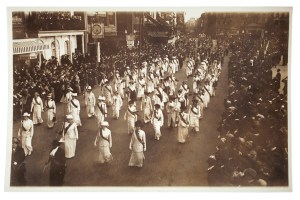
-
Health
Medical immersion for students shifts online in pandemic
Students from as far away as Africa and Asia are benefiting from a COVID-prompted shift online of an HMS program that gives high schoolers a taste of life in the exam room.
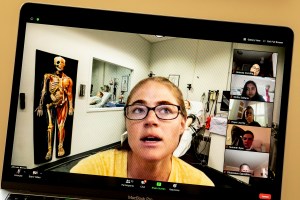
-
Science & Tech
7 million face shields and counting
The Wyss Institute made improvements to its face shields based on recommendations from area hospitals. Joining forces with a Mansfield, Mass.-based manufacturer, the institute’s face shields are now being produced at a rate of 400,000 a day.
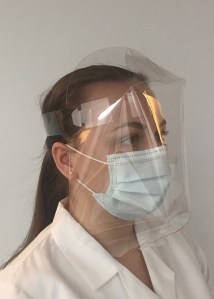
-
Campus & Community
Hollister explains revised guidance on endowment
Thomas J. Hollister, Harvard’s vice president for finance and chief financial officer, explains the Harvard Corporation’s revised endowment guidance for the 2021 fiscal year.
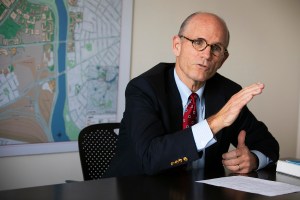
-
Health
Soothing advice for mad America
The anger you’re seeing in the nation and your neighborhood — call it pandemic rage — is not in your imagination, according to a McLean hospital psychologist, who explains where it comes from and how to fight it.
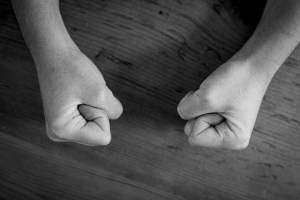
-
Campus & Community
Taking a shot on goal
Maryna Macdonald is a defender with the women’s ice hockey team and a member of British Columbia’s Ditidaht First Nation.
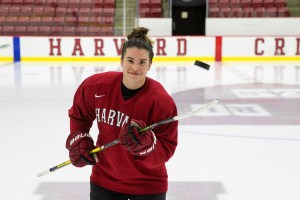
-
Campus & Community
A new take on Title IX
Harvard has enacted two interim policies in response to the Department of Education’s recent changes to Title IX regulations against sex discrimination.

-
Campus & Community
A SPARK of an idea
110 incoming first-year students participated in SPARK, a public-service summer program based in their hometowns. The Gazette spoke with nine of them.
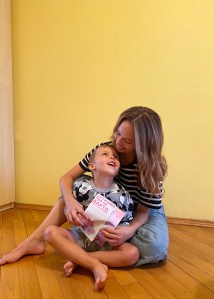
-
Campus & Community
Creating community in the virtual classroom
As students prepare for an academic year that will be entirely virtual, many Harvard faculty members have redesigned their courses.
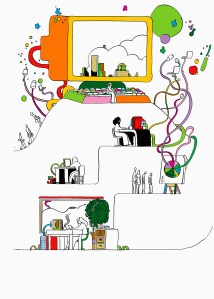
-
Campus & Community
Nationwide search launched for University chief of police
Harvard has launched a nationwide search to hire the University’s next chief of police.
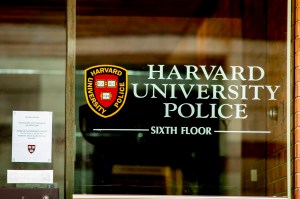
-
Arts & Culture
His hobby? Making award-winning documentaries
Harvard AV technician Rudy Hypolite spent two years following five young Boston men around with digital cameras to make his documentary “This Ain’t Normal.”

-
Campus & Community
TAPping into an employee perk
The Tuition Assistance Program lets eligible Harvard employees advance their education for as little as $40 a class.
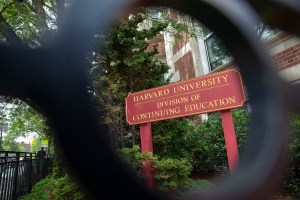
-
Health
After the game is over
Black, other athletes of color report more pain, physical impairment, mood disorders and cognitive problems than white peers.
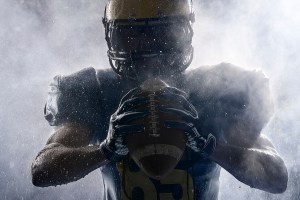
-
Science & Tech
Quieting the storm
Acupuncture activates inflammation-regulating pathways, tames cytokine storm in mice.
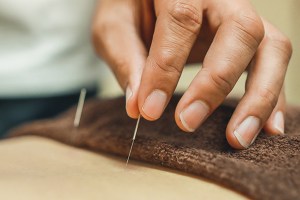
-
Nation & World
Raising Voices
Benny Becker is leading media workshops in Appalachia to help turn the volume up on often-overlooked people and stories.
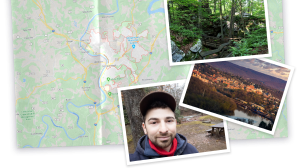
-
Nation & World
Bright and early
Swati Adarkar is working to improve the educational opportunities for all children in Oregon through advocacy and action.

